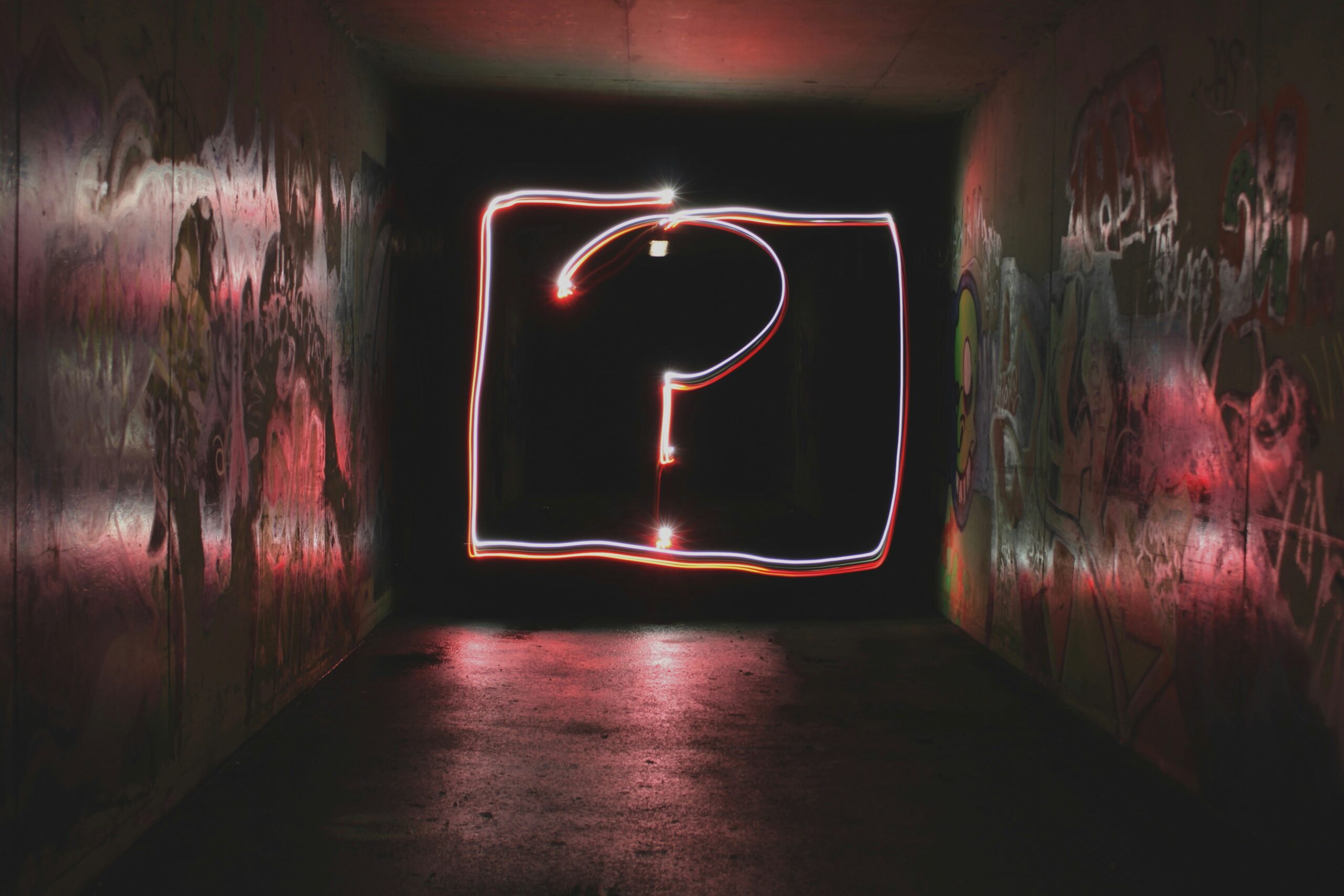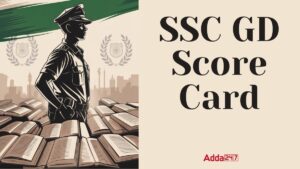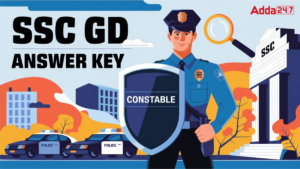SSC GD Indian Polity Important Questions
Candidates can practice with these questions mentioned below. Total 10 questions we have given for practice for SSC GD 2024 Exam of Indian Polity. For the help of students we have also given complete solution along with the correct answer. Let’s get started:-
Q1. The Preamble to the Indian Constitution was inspired by the Preamble of Constitution of _____________.
(a) USA
(b) France
(c) Germany
(d) USSR
Q2. The provisions for allocation of seats in the Rajya Sabha to the states and union territories are carried in the
(a) 4th Schedule
(b) 6th Schedule
(c) 9th Schedule
(d) 10th Schedule
Q3. Which part of the Indian Constitution deals with the Union Executive?
(a) Part V
(b) Part VI
(c) Part VII
(d) Part VIII
Q4. Sindhi language was added by which amendment of Indian Constitution?
(a) 10th Amendment Act
(b) 21st Amendment Act
(c) 31st Amendment Act
(d) 24th Amendment Act
Q5. In the Indian Constitution, as per Fundamental Rights, Abolition of Untouchability is a ________.
(a) Right to freedom of religion
(b) Right to equality
(c) Right against exploitation
(d) Right to Constitutional remedy
Q6. When the offices of the President and Vice-President fall vacant simultaneously, who acts as President?
(a) Prime Minister of India
(b) The Chief Justice of India
(c) The Speaker of Lok Sabha
(d) The Comptroller and Auditor General of India
Q7. Which among the following have been constituted under Article 280 of the constitution?
(a) Election Commission
(b) Finance Commission
(c) Attorney General of India
(d) Central Vigilance Commission
Q8. Who decides the salary and allowance of the speaker of the Legislative Assembly?
(a) Legislature
(b) Governor
(c) Chief Minister
(d) None of these
Q9. The Chief Election Commissioner is removed by following the same procedure as the removal of which of the following?
(a) Chief Justice of the High Court
(b) Judges of the Supreme Court
(c) Lok Sabha Speaker
(d) Chairman of Rajya Sabha
Q10. In which Part of the Indian constitution, Central-State relations are mentioned?
(a) Part X
(b) Part XI
(c) Part XII
(d) Part IV
Now candidates can check solutions for all these questions below.
Ans 1. Correct Answer is (a)
- The Preamble to the Indian Constitution was inspired by the Preamble of the Constitution of the USA.
- The Preamble is a part of the Indian constitution which, gives us fundamental values and highlights of the Constitution
- Keywords in the Preamble Sovereign, Socialist, Secular, Democratic, Republic, Justice, Liberty, Equality, and Fraternity.
Ans 2. Correct Answer is (a)
The Fourth Schedule to the Constitution provides for allocation of seats to the States and Union Territories in Rajya Sabha. The allocation of seats is made on the basis of the population of each State. Consequent on the reorganization of States and formation of new States, the number of elected seats in the Rajya Sabha allotted to States and Union Territories has changed from time to time since 1952.
Ans 3. Correct answer is (a) Part V.
This part contains Articles 52 to 78, which deal with the President, Vice-President, Prime Minister, Council of Ministers, and Attorney General of India.
Ans 4. Correct answer is (b)
The Twenty-first Amendment of the Constitution of India, officially known as The Constitution (Twenty-first Amendment) Act, 1967, amended the Eighth Schedule to the Constitution so as to include Sindhi as one of the languages, thereby raising the total number of languages listed in the schedule to fifteen.
Ans 5. Correct answer is (b)
- In the Indian Constitution, as per Fundamental Rights, Abolition of Untouchability is a Right to Equality.
- According to the Right to Equality, all citizens are equal before the law and any discrimination on the basis of race, religion, gender, and caste or birthplace is prohibited.
- Right to Equality is described under Article 14-18 of the Constitution.
- Abolition of untouchability is provided in Article 17.
Ans 6. Correct answer is (b)
When the offices of the President and Vice-President of India fall vacant simultaneously, the Chief Justice of India acts as the President. This provision is outlined in Article 65(1) of the Constitution of India. The Chief Justice of India assumes the responsibilities of the President until a newly elected President takes office.
Ans 7. Correct answer is (b)
The Finance Commission has been constituted under Article 280 of the Constitution of India. The Finance Commission is a constitutional body that is appointed every five years or as specified by the President to recommend the distribution of financial resources between the central government and the state governments. Its primary function is to make recommendations regarding the distribution of tax revenues between the Union (central) government and the states, as well as any other matter referred to it by the President in the interest of sound finance. The Finance Commission plays a crucial role in fiscal federalism in India.
Ans 8. Correct answer is (a)
The salaries and allowances of the Speaker and the Deputy Speaker of the state legislative assembly and the Chairman and the Deputy Chairman of the state legislative council are fixed by the state legislature.
Ans 9. Correct answer is (b)
- The Chief Election Commissioner can be removed from office by the Parliament only through a process of removal similar to that of a Supreme Court judge.
- The Judge of the Supreme Court can be removed by a special majority of 2/3rd members present and voting supported by more than 50% of the total strength of the house.
Ans 10. The correct answer is (b)
The Central-State relations in the Indian constitution are mentioned in Part XI. Part XI of the Indian Constitution deals with the distribution of powers and responsibilities between the Union (central government) and the states. It contains provisions related to the legislative, administrative, and financial relations between the Union and the states.



 SSC GD Score Card 2025 Out on ssc.gov.in
SSC GD Score Card 2025 Out on ssc.gov.in
 SSC GD Final Answer Key 2025 Out, Check ...
SSC GD Final Answer Key 2025 Out, Check ...
 SSC GD Cut Off 2025 Out, Check GD Cut Of...
SSC GD Cut Off 2025 Out, Check GD Cut Of...


